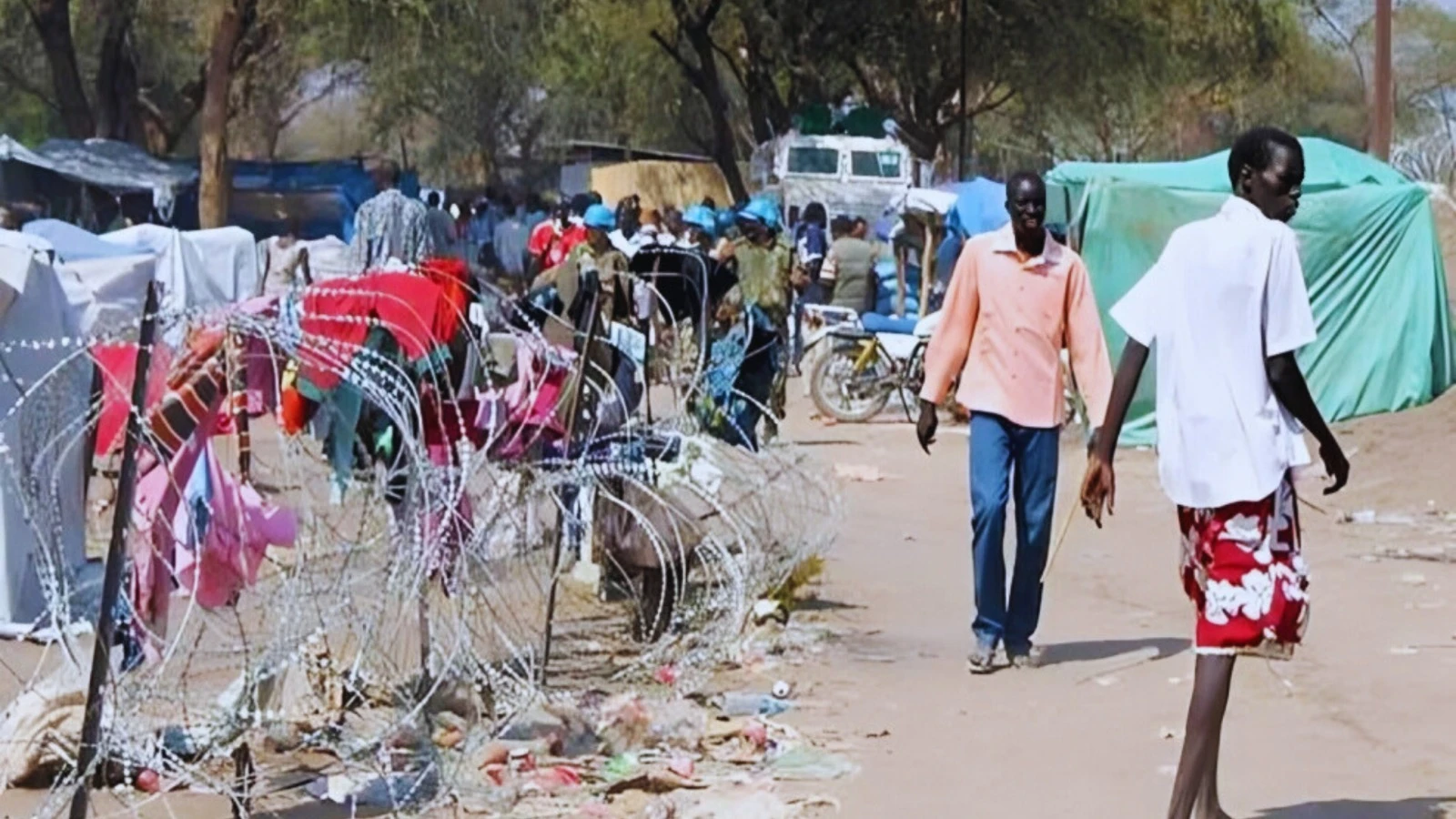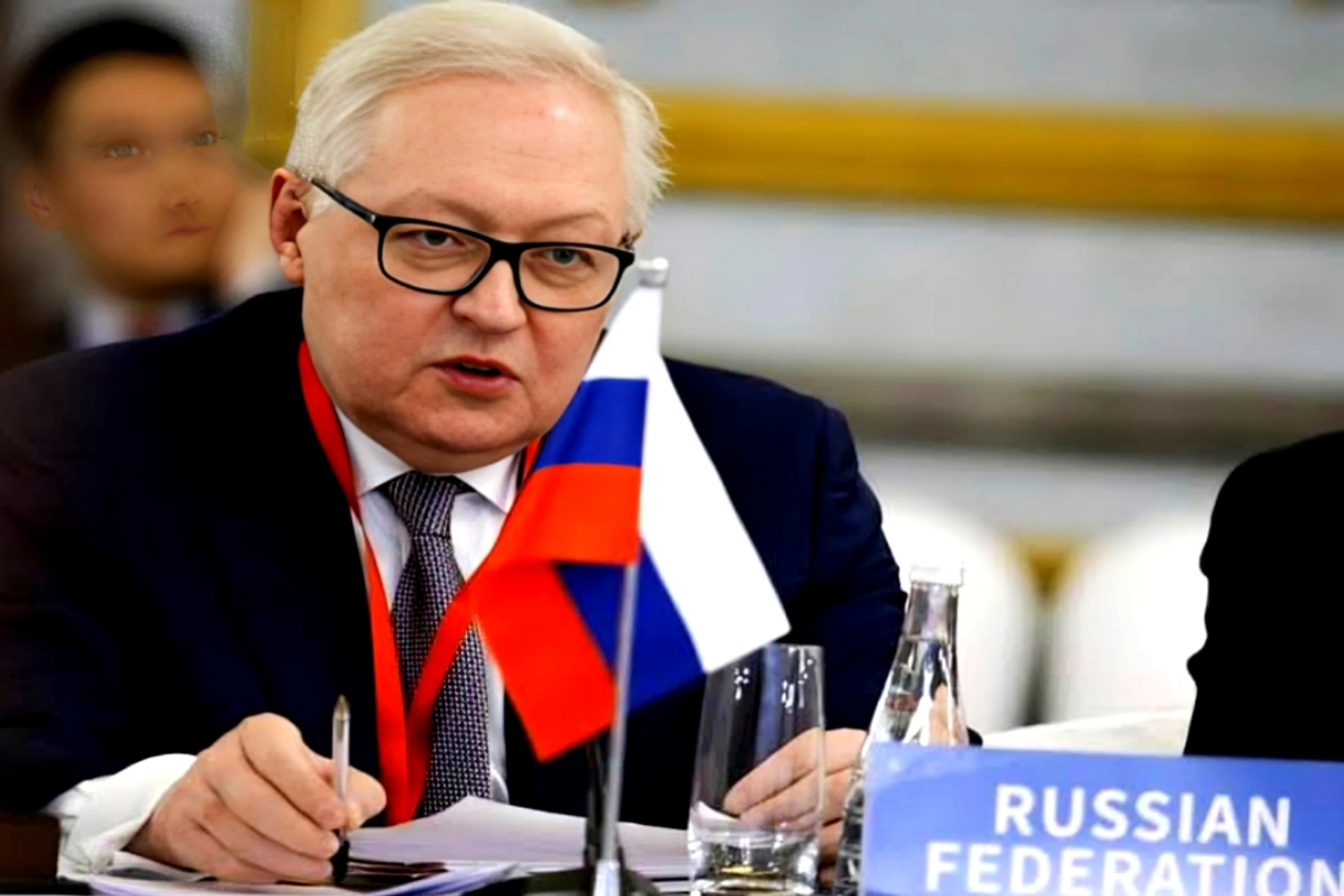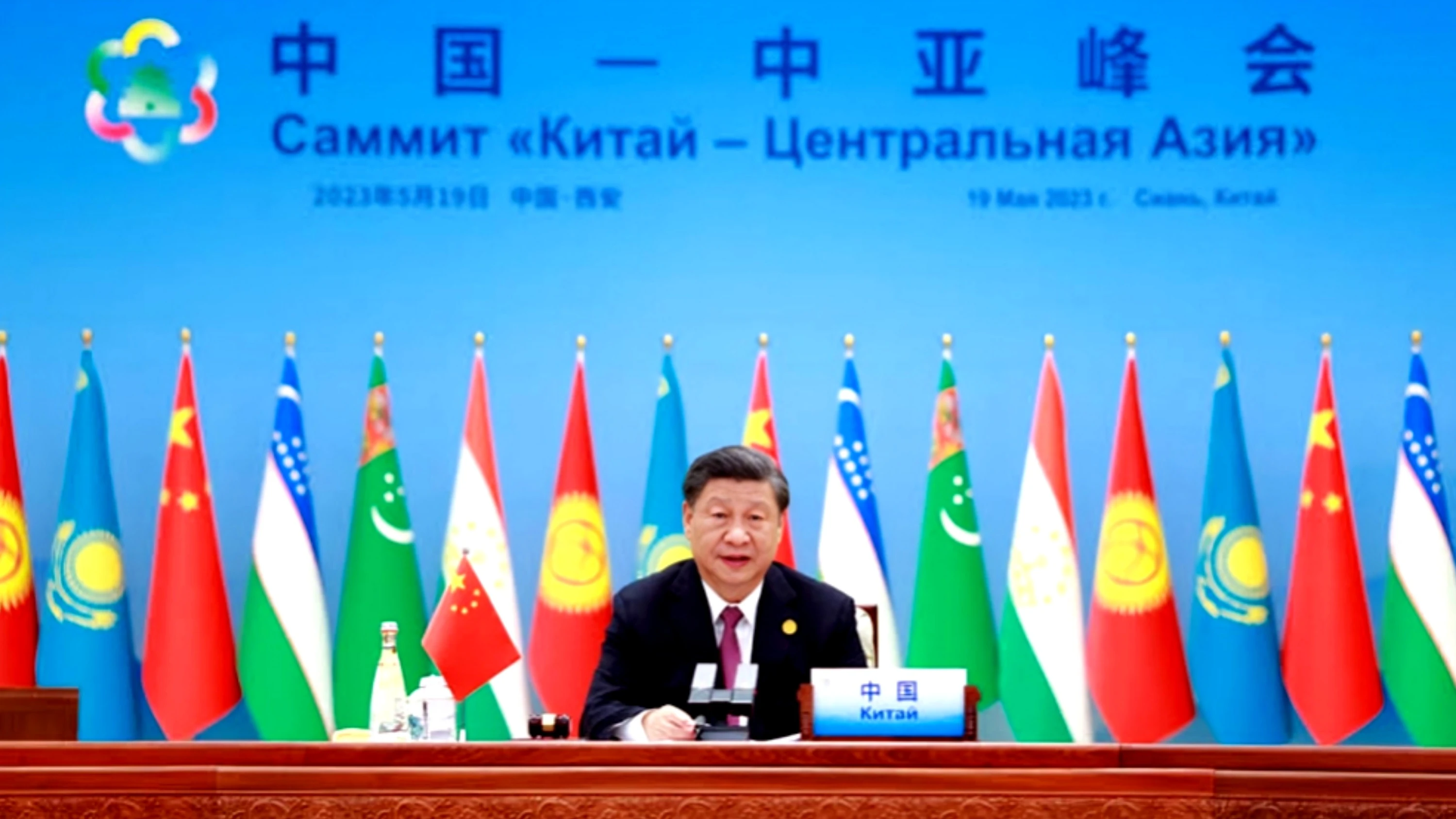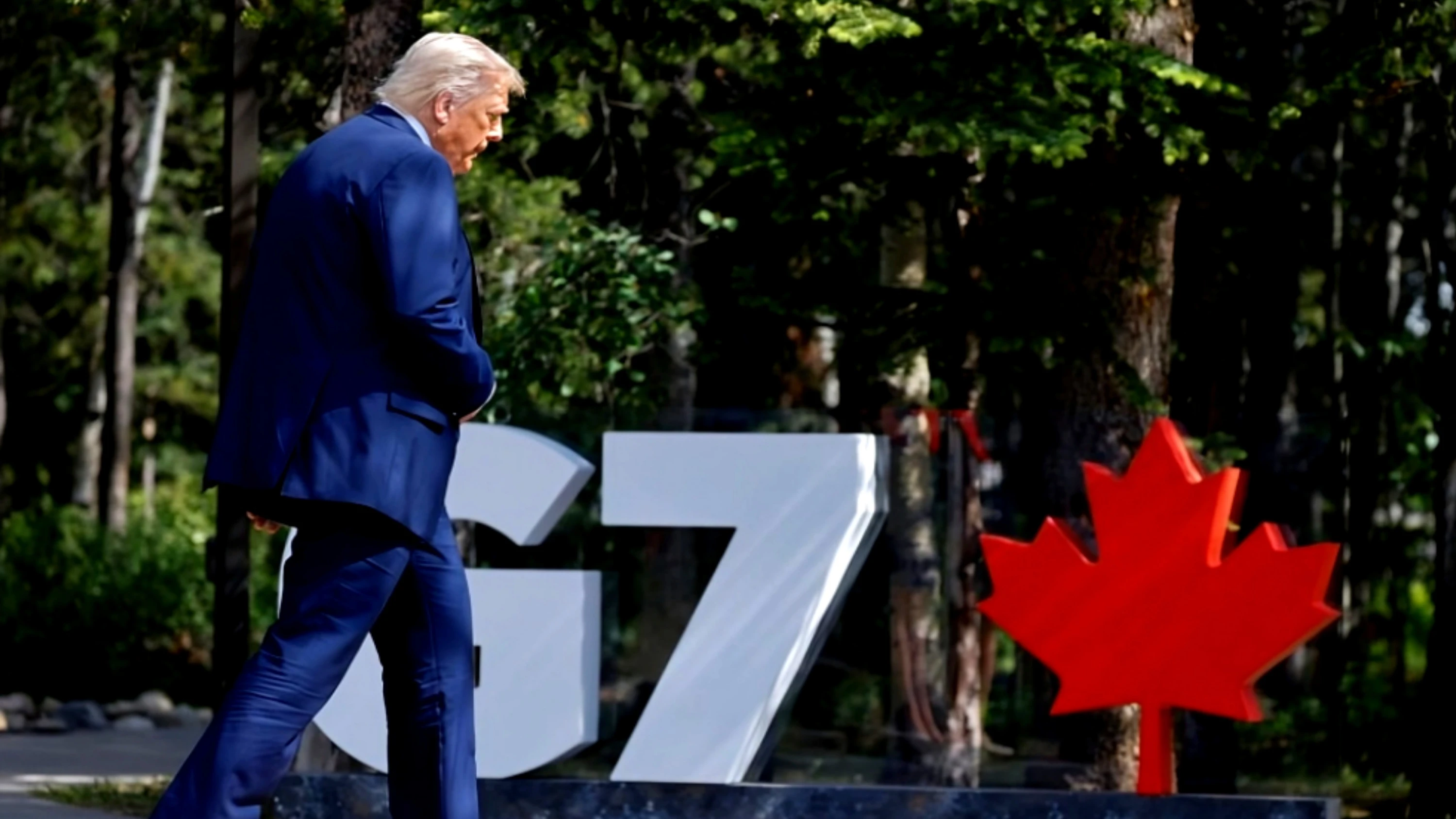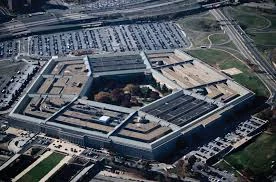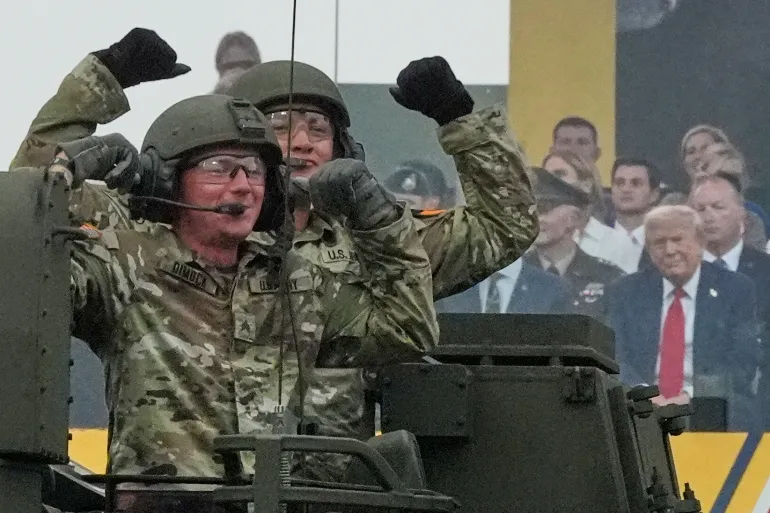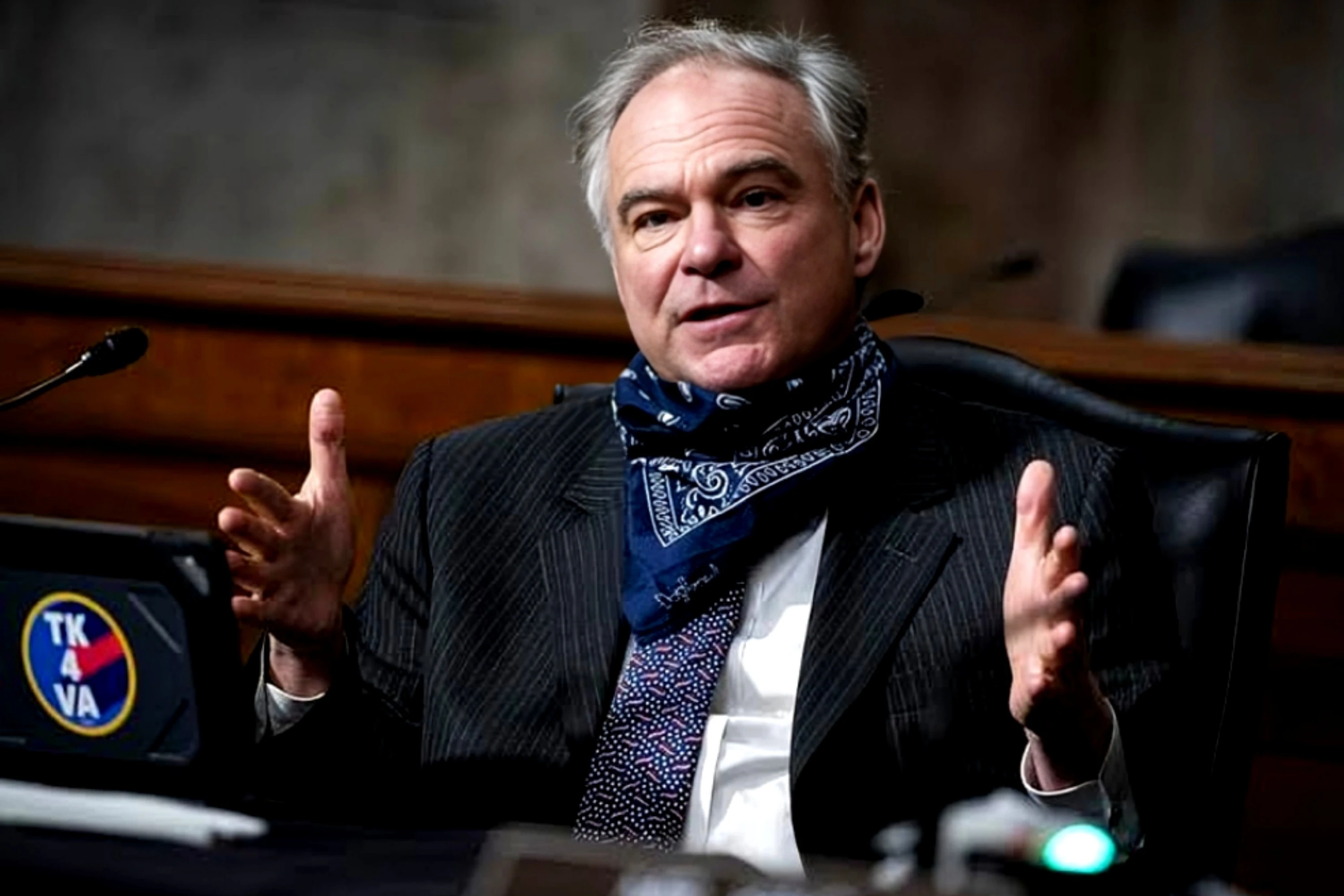JUBA: South Sudan is at serious risk of plunging back into civil war, the United Nations’ top official in the country, Nicolas Haysom, warned on Monday. He expressed deep concern over the government’s abrupt delay of the latest peace initiative, calling the situation "dire."
Haysom emphasized that international mediation efforts can only succeed if President Salva Kiir and Vice President Riek Machar prioritize national interests over personal or political rivalries.
South Sudan gained independence from Sudan in 2011, raising hopes for a peaceful future. However, the country fell into a brutal ethnic conflict in 2013 when forces loyal to Kiir, a Dinka, clashed with those supporting Machar, a Nuer. The civil war, which claimed more than 40,000 lives, formally ended with a 2018 peace deal that established a unity government. Elections, initially scheduled for 2023, were postponed to December 2024 and have now been pushed back again to 2026.
Tensions have recently escalated in the northern region, where government troops have been battling the White Army, a militia group believed to be aligned with Machar. The violence reached a new level earlier this month when a UN helicopter, on a mission to evacuate government soldiers from Nasir in Upper Nile State, was attacked, killing a South Sudanese general. Just days before, the White Army had overrun a military base in Nasir, prompting government forces to surround Machar’s residence in the capital, Juba, and detain several of his key allies.
As South Sudan moves closer to elections, political competition is intensifying, exacerbating tensions, Haysom said. He pointed to a growing lack of trust between Kiir and Machar, warning that their inability to cooperate could derail the fragile peace process. Additionally, the spread of misinformation and ethnic-driven rhetoric is worsening divisions and fueling fear across the country.
Haysom, who leads the 18,000-strong UN peacekeeping mission in South Sudan, stressed that a return to full-scale war would result in devastating consequences, similar to the violence that tore the nation apart in 2013 and 2016. The UN, he said, is particularly concerned about the growing risk of ethnic polarization within the conflict.
To prevent a relapse into war, the UN is intensifying diplomatic efforts in collaboration with regional and international partners, including the African Union. Haysom urged both Kiir and Machar to engage in direct dialogue, recommit to the 2018 peace agreement, uphold the ceasefire, and release detained officials to de-escalate tensions.
The international community, he stressed, is united in calling for a peaceful resolution rather than another devastating military confrontation.


